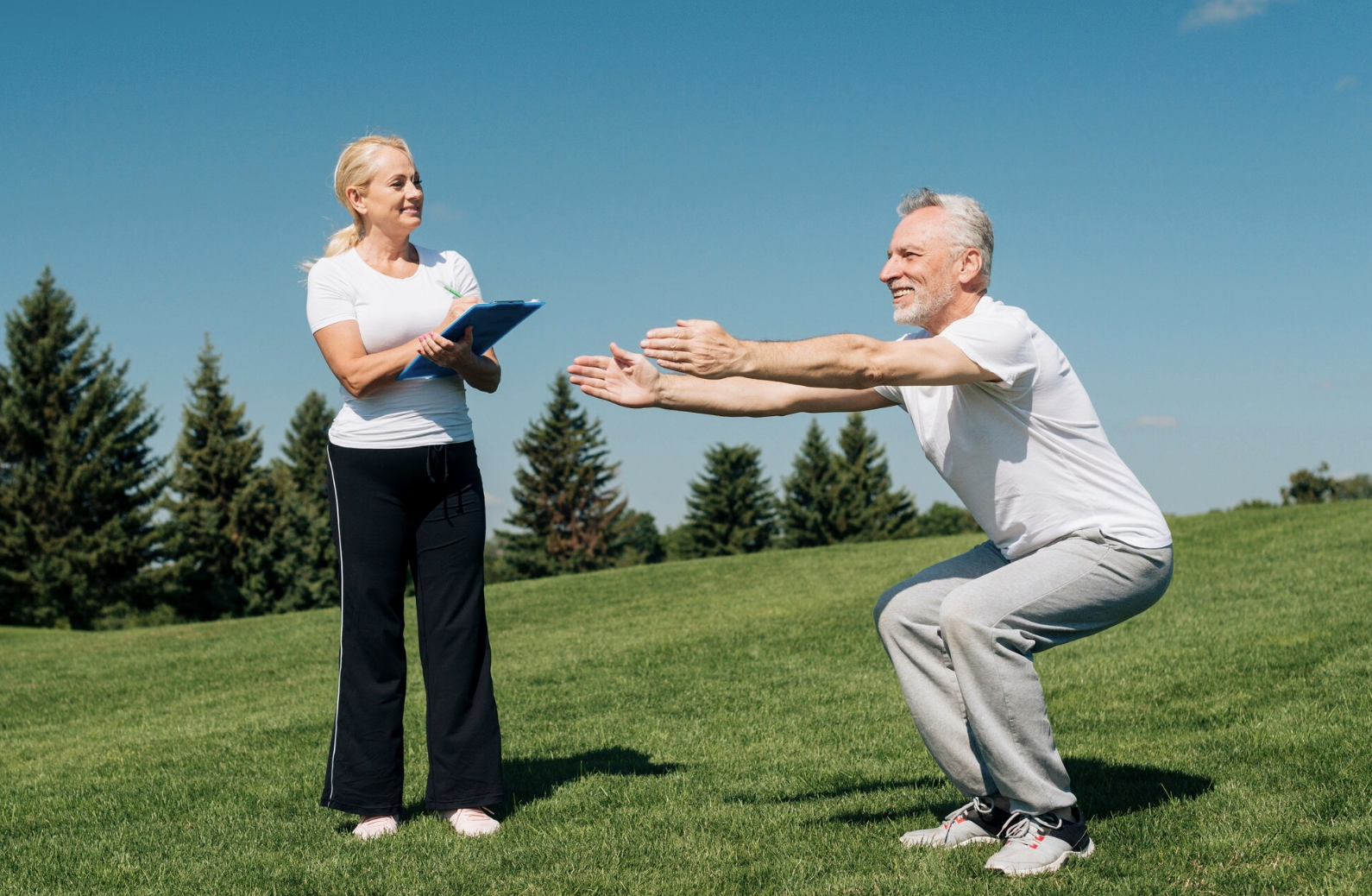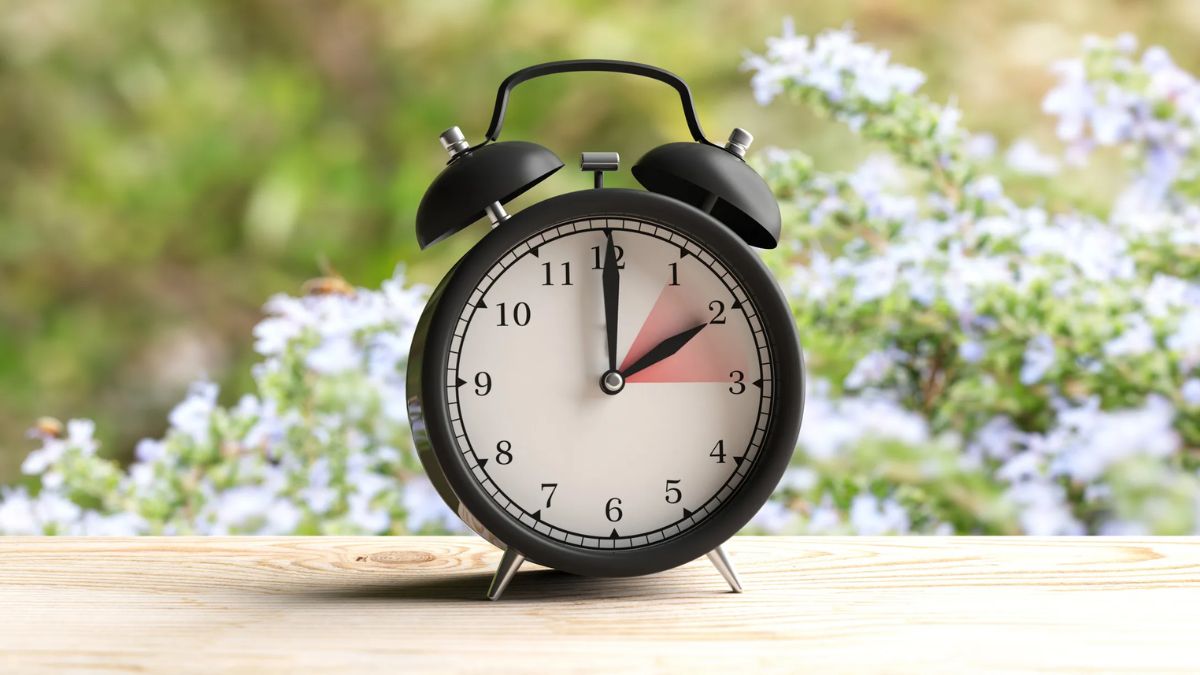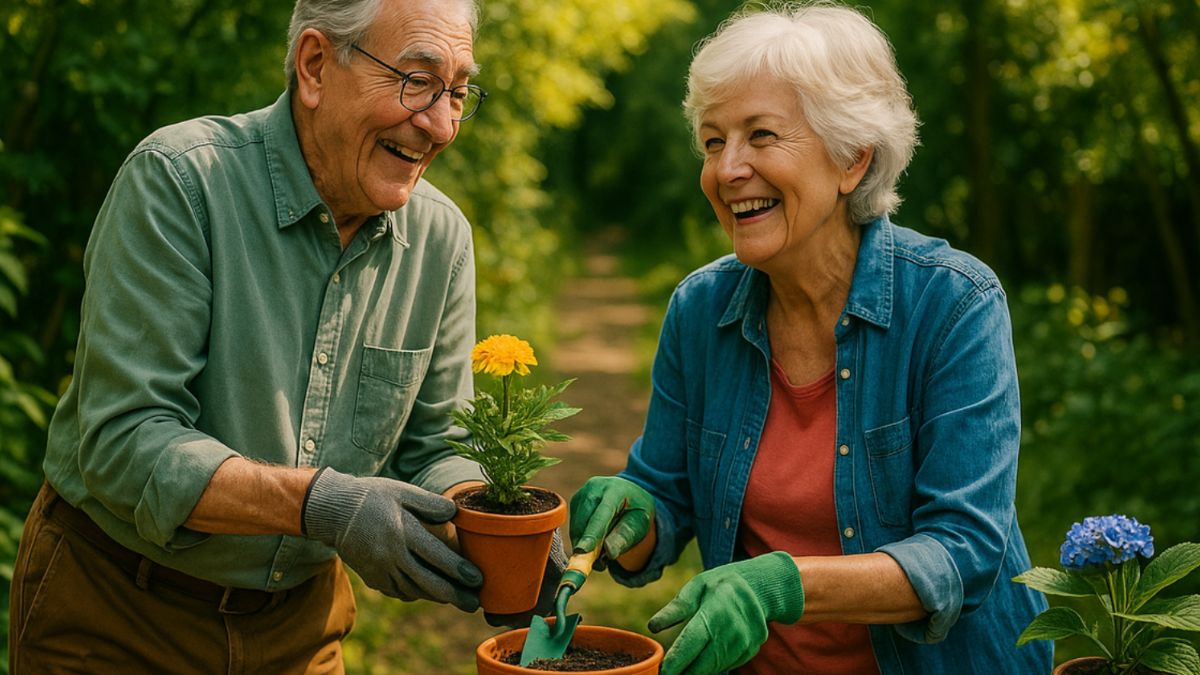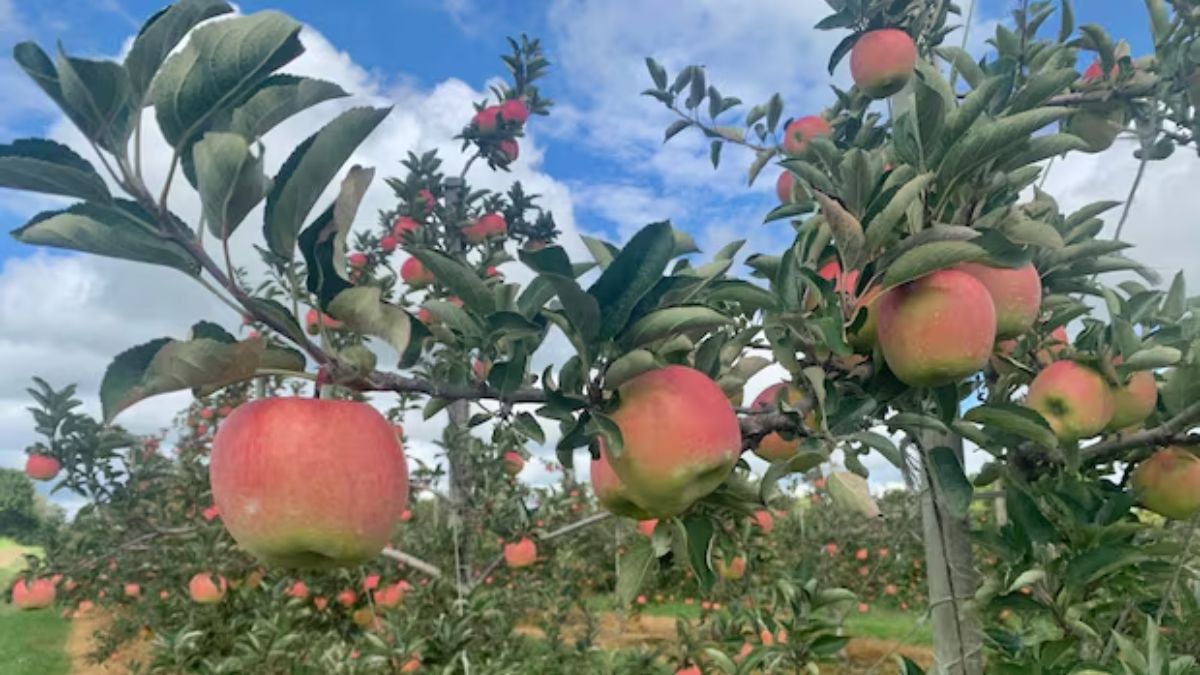What if the secret to sharper thinking, deeper sleep, and steady energy after 60 wasn’t the treadmill or the dumbbells—but something far less obvious? A Harvard Medical School–backed study suggests just that. Instead of pounding the pavement or hitting the weight rack, gentle martial arts could be the golden ticket to aging with vitality.
We tend to assume slowing down is inevitable as the years stack up. But science keeps telling us otherwise. The key isn’t necessarily harder workouts—it’s smarter ones. And martial arts, in their softer forms, are showing surprising promise for seniors who want to move well, feel balanced, and keep their minds sharp.
Table of Contents
Benefits
Martial arts might sound like bruises and black belts, but for older adults, it’s often the opposite. Practices like Tai Chi, Aikido, Wing Chun, and gentle variations of Jiu Jitsu are rooted in balance, posture, and mindfulness. They’re deliberately low-impact and emphasize fluidity over force.
That makes them a rare mix of safe and effective. Unlike jogging, which can strain knees, or heavy lifting, which risks injury, martial arts can improve coordination without punishing the joints. Harvard’s Division of Sleep Medicine has even linked practices like Tai Chi to better rest and less nighttime waking—critical gains for those over 60.
Take Tai Chi: often described as “meditation in motion,” it blends slow, sweeping movements with deep breathing. Studies have tied it to lower blood pressure, sharper memory, and reduced anxiety. Many seniors say it feels less like exercise and more like reconnecting with their bodies.
Examples
Here’s a quick look at martial arts that work especially well for older adults:
| Martial Art | Best For | What It Improves |
|---|---|---|
| Tai Chi | Joint pain, balance, anxiety | Flexibility, focus, calm |
| Aikido | Mobility, low-impact defense | Coordination, fluid movement |
| Wing Chun | Strength without strain | Reflexes, balance, body control |
| Gentle Jiu Jitsu | Confidence, fall prevention | Body awareness, resilience |
These aren’t about speed or force. They’re about technique, presence, and steady improvement—qualities that feel both safe and rewarding in later life.
Mental
The physical perks are only half the story. Martial arts uniquely challenge the brain. Where a stationary bike just repeats, martial arts ask you to learn sequences, recall movements, and adapt in real time. This kind of “dual training” keeps both body and mind active.
Dr. Peter M. Wayne, a Harvard researcher and author of The Harvard Medical School Guide to Tai Chi, found Tai Chi strengthens internal control systems—improving balance, reaction times, and mental adaptability. Those are crucial defenses against age-related decline.
And then there’s the social factor. Many older adults face creeping isolation, which can quietly damage health as much as any chronic illness. Martial arts classes provide community, structure, and purpose. That sense of belonging? It’s medicine in itself.
Caution
That said, starting martial arts after 60 isn’t a free pass. It’s important to check with your doctor first—especially if you have heart issues, joint replacements, or chronic conditions.
Equally vital is the instructor. Not all classes are created equal. Look for teachers with experience guiding older students, who emphasize patience, adaptability, and safe form. Most reputable studios even offer senior-focused classes or slower-paced sessions.
The right setup can mean the difference between feeling empowered and feeling overwhelmed.
Lifestyle
Beyond fitness, martial arts can spark a whole new mindset. Each class is more than exercise—it’s a practice in resilience, mindfulness, and self-respect. Movements build confidence, breathing calms the mind, and gradual progress creates momentum.
Many seniors who step onto the mat describe feeling younger, more aware, and more grounded in their own bodies. Whether it’s the graceful sweep of Tai Chi or the structured flow of Aikido, martial arts remind us: movement is not just about survival, but about living fully.
Aging doesn’t have to mean fading. It can mean adapting. And martial arts—ancient practices rooted in balance and clarity—offer one of the most graceful ways to do just that.
FAQs
Is Tai Chi good for seniors?
Yes. Tai Chi improves balance, reduces stress, and supports joint health, making it one of the most recommended martial arts for older adults.
Are martial arts safe after 60?
With medical clearance and the right instructor, gentle martial arts are not only safe but often safer than high-impact workouts.
What’s the best martial art for seniors?
Tai Chi is the most studied, but Aikido and Wing Chun also offer low-impact, balance-focused benefits.
Do martial arts help with memory?
Yes. Learning and practicing movement sequences engages memory and mental focus, helping to maintain cognitive sharpness.
Can beginners over 60 learn martial arts?
Absolutely. Many studios run beginner or senior-specific classes, making it easy to start at any age.

















